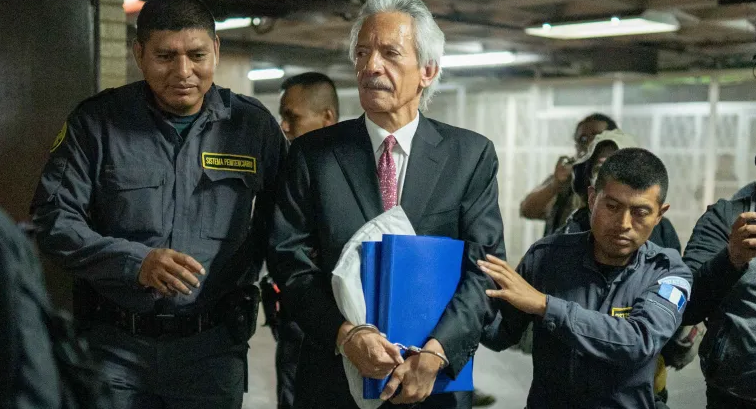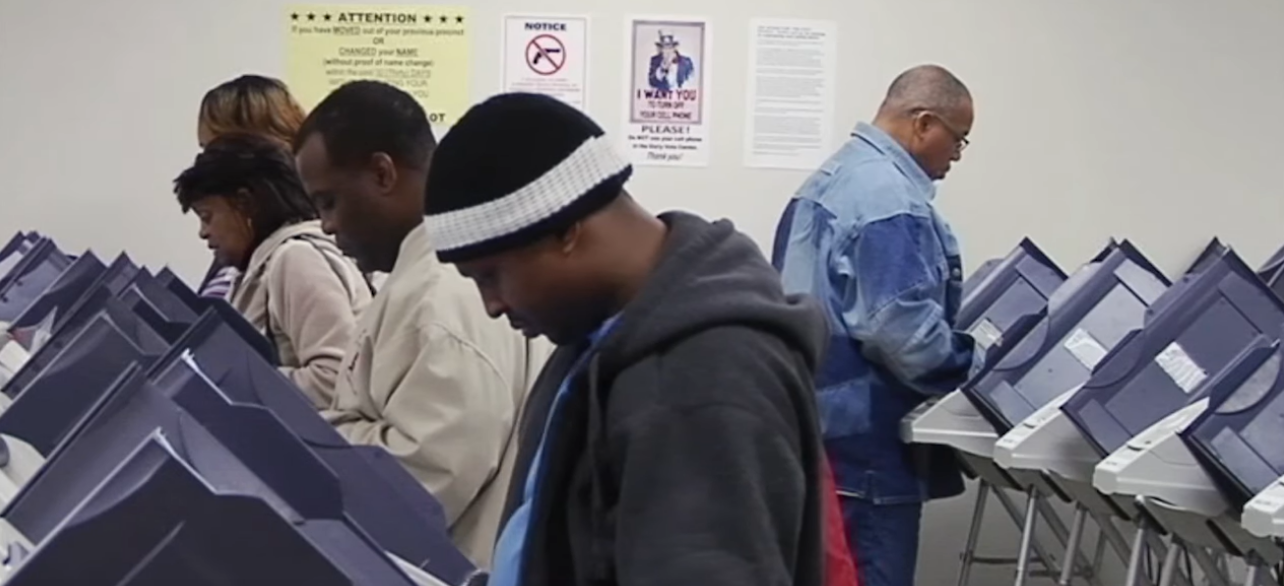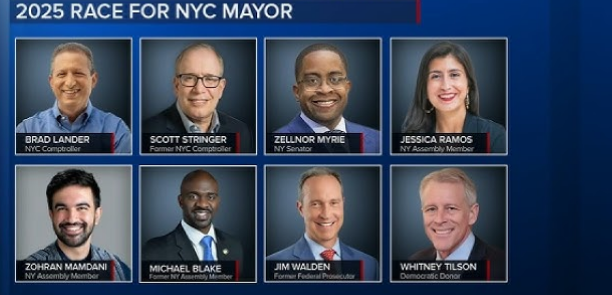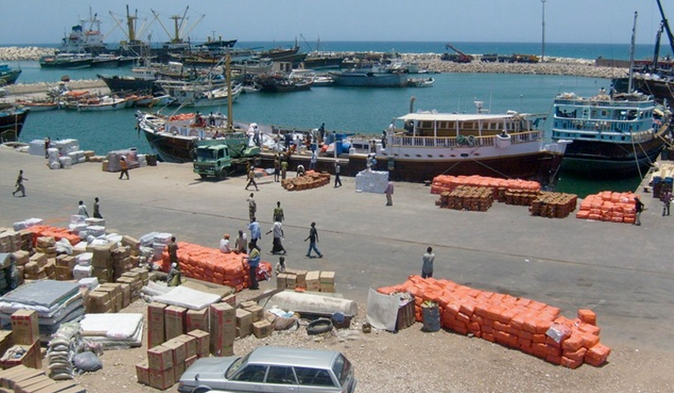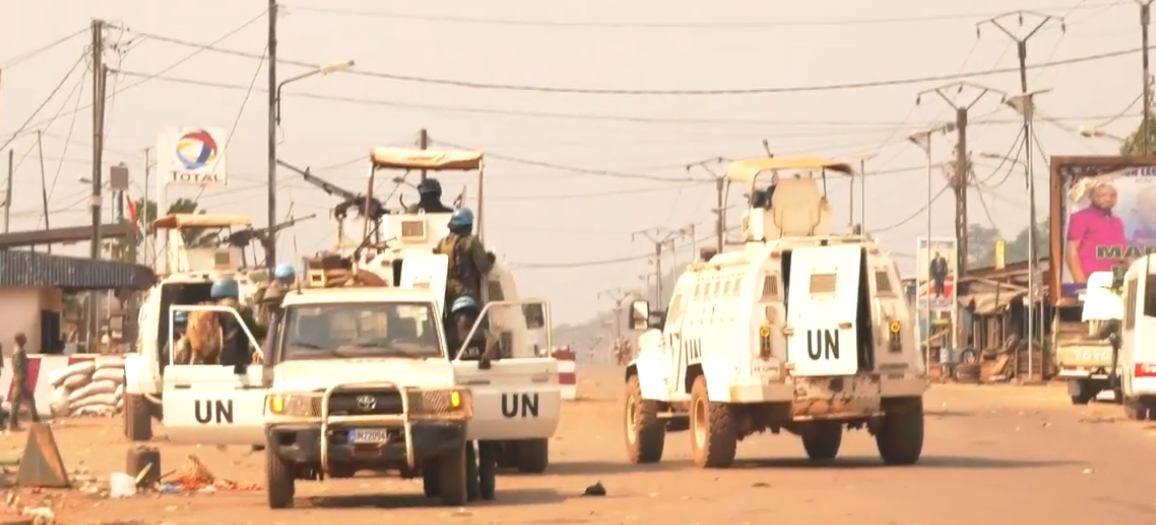By Committee To Protect Journalists
Photos: CPJ\AP\Santiago Billy\YouTube\Wikimedia Commons
New York, March 28, 2025 – A group of 10 international organizations submitted an amicus curiae brief to Guatemala’s Supreme Court in the case of journalist José Rubén Zamora Marroquín. The brief, filed on March 26, argues that Zamora’s return to preventive detention constitutes a violation of his fundamental rights under Guatemalan and international law, and urges the Court to grant a pending amparo appeal and allow Zamora to return to house arrest.
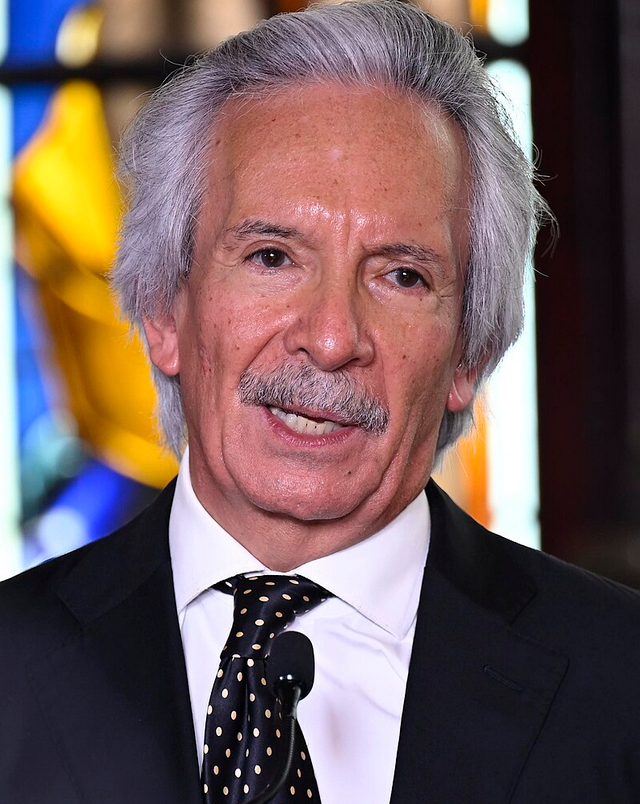
José Rubén Zamora Marroquín, journalist and founder of the media outlet elPeriódico, was arrested on July 29, 2022, on charges of financial crimes and held in preventive detention for more than 800 days. On October 18, 2024, an appeals court granted Zamora’s provisional release to house arrest. However, on March 4, 2025, the Third Chamber of the Criminal Court of Appeals partially annulled the process and reversed the decision that granted substitutive measures, ordering Zamora back to jail. The next day, Zamora’s legal team filed a constitutional amparo action before the Supreme Court challenging the validity of the March 4 appeals court decision, and seeking to protect Zamora’s human rights, particularly his right to liberty. On March 10, 2025, the Court complied with the decision of the Third Chamber, and Zamora was remanded in custody.
The amicus brief, filed in support of the amparo, urges the Court to maintain the criteria of the lower court that determined Zamora’s trial could move forward under alternative measures, “without the need to remain in pretrial detention.” It states that “not granting [the] amparo in favor of Mr. José Rubén Zamora Marroquín would constitute a serious violation of his rights under international standards.”
The brief also stated that:
“Should this Court decide to grant the amparo, Mr. Zamora would be able to return to obtaining substitutive measures instead of serving several more years in pretrial detention without a final sentence. The alleged flight risk supporting the remand is unsubstantiated, as Mr. Zamora has consistently demonstrated his compliance with imposed restrictions, and with the home detention regime in general.
Mr. Zamora’s extended deprivation of liberty is unnecessary and unjustified, given that he has not been convicted with a final sentence. This situation violates international human rights standards such as the right to liberty, the exceptionality of pre-trial detention and the presumption of innocence.”
In the brief, the signatory organizations cite the May 2024 opinion of the United Nations Working Group on Arbitrary Detention on Zamora’s case. The Working Group determined that Zamora’s ongoing imprisonment constituted arbitrary detention and violated multiple international human rights standards and called on the Guatemalan government to “remedy Mr. Zamora’s situation without delay and bring it into compliance with relevant international standards.”
The brief highlights the profound negative effects of detention on the physical and mental health of the 68-year-old journalist, including significant weight loss, skin and digestive issues, and other adverse effects. It points to significant delays and inconsistencies in the criminal proceedings against Zamora, and argues that prosecutors and appeals courts have failed to present sufficient evidence to justify the need for preventive detention in this case.
The brief also notes the retaliatory nature of the case. Numerous international organizations, including many of the brief signatories, have repeatedly raised concerns about the case’s broader impact on press freedom in Guatemala, and the use of criminal proceedings to intimidate journalists and human rights defenders like José Rubén Zamora.
“The circumstances of Mr. Zamora’s detention indicate that it is used as a punishment and not to prevent him from escaping or hindering the case. Pretrial detention is a means of silencing his journalistic activities, rather than responding to legitimate criminal procedural concerns,” it says.

About the Committee to Protect Journalists
The Committee to Protect Journalists is an independent, nonprofit organization that promotes press freedom worldwide. We defend the right of journalists to report the news safely and without fear of reprisal.
Signatories and Press Contacts
Cyrus R. Vance Center for International Justice – Natalie Southwick, nsouthwick@nycbar.org
CIVICUS – media@civicus.org
Committee to Protect Journalists (CPJ) press@cpj.org
Due Process of Law Foundation (DPLF) – Karen Arita, karita@dplf.org
Reporteros Sin Fronteras (RSF) – Artur Romeu, aromeu@rsf.org
Washington Office on Latin America (WOLA) – Ana María Méndez-Dardón, amendez@wola.org
Article 19 México y Centroamérica
International Center for Journalists (ICFJ)
Protection International Mesoamérica
Sociedad Interamericana de Prensa (SIP)
